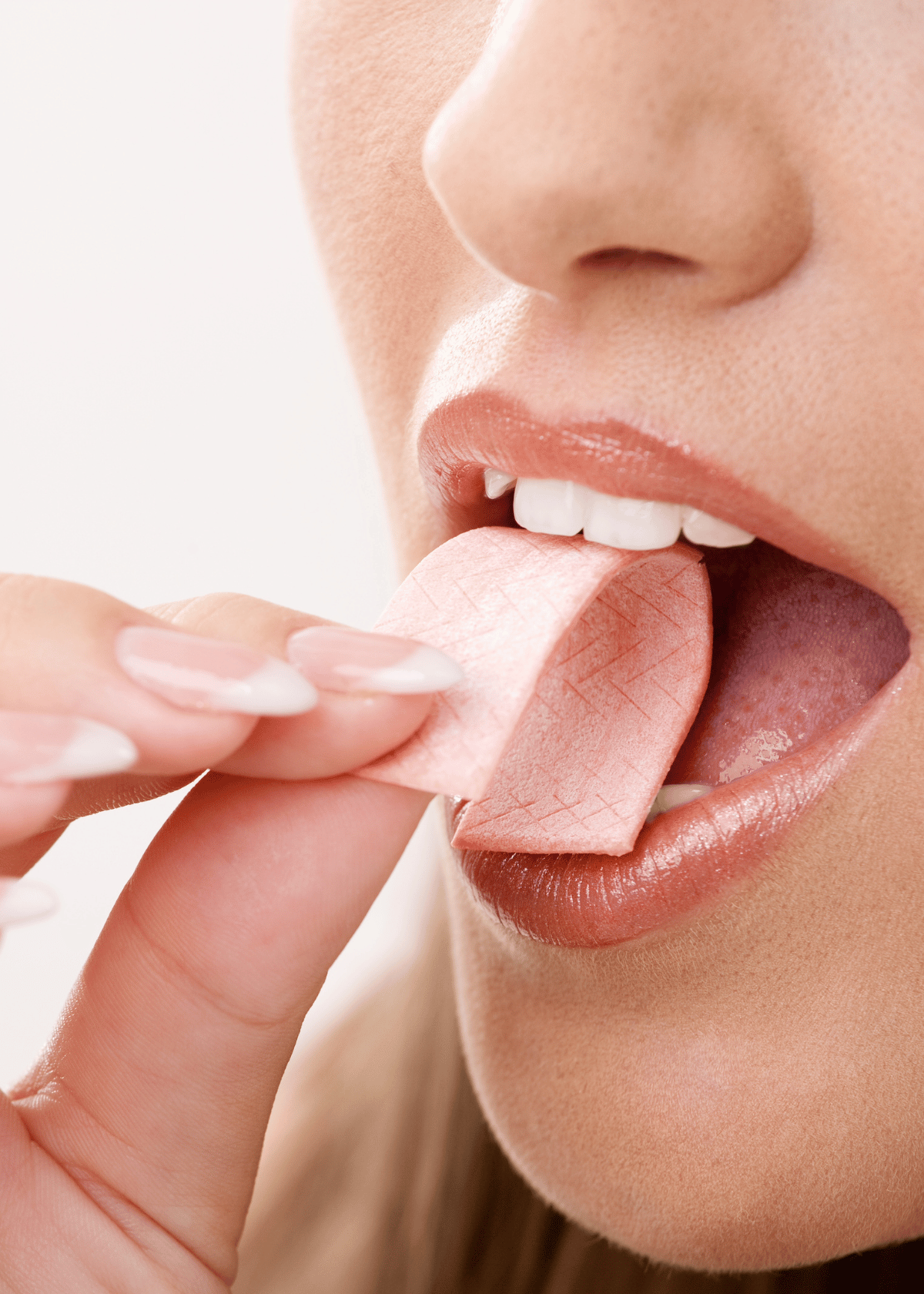Intermittent fasting has become increasingly popular in recent years as a way to lose weight. Fasting involves abstaining from food and drink for a certain period of time, and proponents of the diet claim that it can help to reduce your risk of disease, improve cognitive function and even help you live longer. But what about chewing sugar-free gum? Is it OK to chew sugar-free gum while intermittent fasting? Let’s explore this question in more detail.
The short answer is no, chewing sugar-free gum does not break an intermittent fast. This is because chewing sugar-free gum does not result in the consumption of any calories or nutrients. Sugarless gums are made with artificial sweeteners such as xylitol, sorbitol and mannitol, which are non-nutritive sweeteners that have zero calories and do not raise blood sugar levels or insulin levels. Therefore they do not interfere with the benefits of intermittent fasting.
What is Intermittent Fasting?
Intermittent fasting is an eating pattern that alternates between periods of fasting and eating. It has become increasingly popular among health and fitness enthusiasts due to its potential health benefits, such as better management of insulin levels, blood sugar balance, and improved physical performance.
The basic idea behind intermittent fasting is to consume all meals during a specific eating window (for example 8 hours) throughout the day and then fast for the remaining 16+ hours without consuming any food or drinks with calories. Typically this 16-hour window will take up most of the day when you are usually asleep so it doesn't feel like a big commitment; however, there are also versions available where people will eat their last meal in the evening before continuing their fast until lunchtime the following day – typically known as 24-hour fasting.
Some studies have shown intermittent fasting can reduce body fat levels more effectively than other diets because your energy needs drop significantly while fasting, making weight loss easier. Additionally, many studies suggest that intermittent fasting may help reduce cholesterol levels, improve gut health, increase mental clarity, boost cognitive performance, enhance metabolic rate, and even promote longevity. It is important to note that although there are numerous potential health benefits associated with intermittent fasting, it is not suitable for everyone since extremely low calorie intake can cause vitamin deficiencies if you don’t plan your diet properly or supplement accordingly. Ultimately it's best to have conversations with a healthcare provider before starting any type of new diet so they can provide individualized advice based on one's current medical conditions and needs.

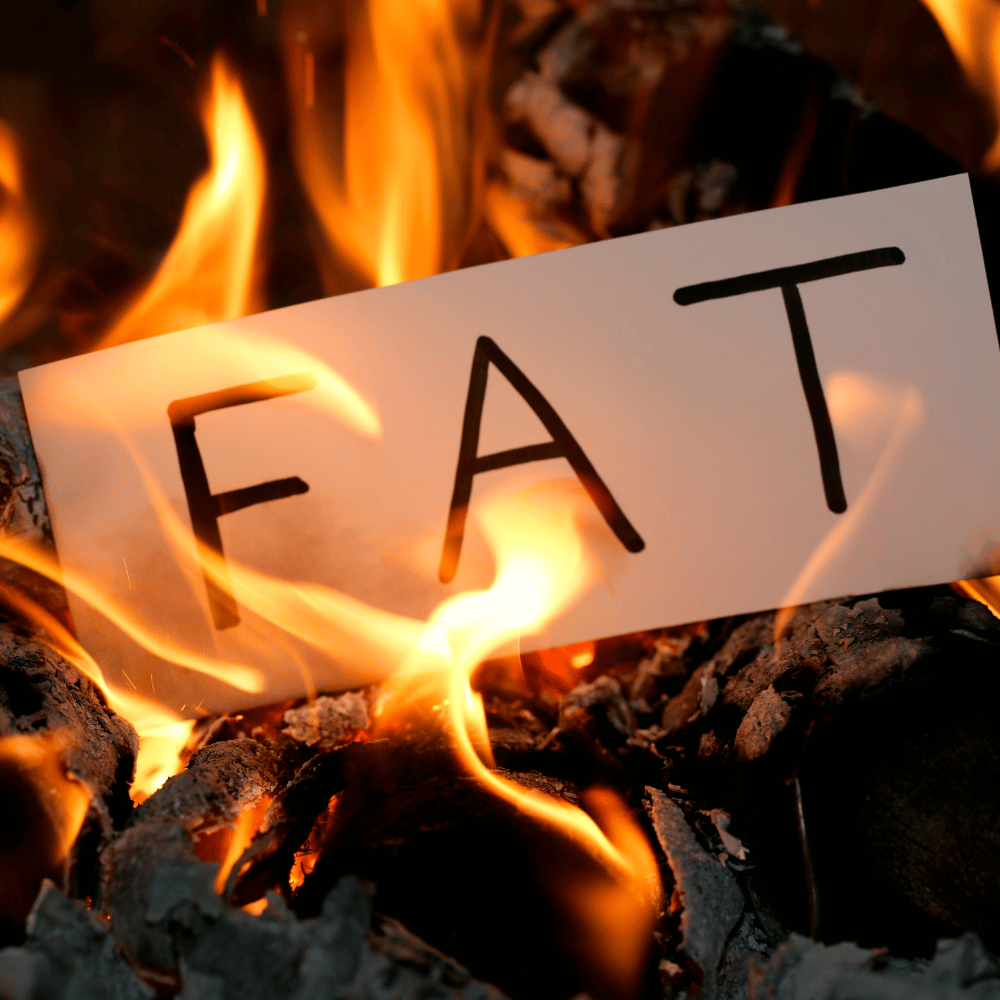

How do Sugar Free Sweeteners Impact Insulin Levels?
Consuming sugar-free sweeteners can have a significant impact on insulin levels in the body, depending on what type of sugar alternative is being used. Artificial sweeteners, such as those found in diet sodas and other no-calorie items, typically do not contain carbohydrates and thus do not affect blood glucose or insulin levels. Some artificial sweeteners also possess anti-glycemic properties that may help lower blood glucose levels.
On the other hand, some sugar substitutes are designed to mimic sucrose (table sugar) but contain fewer calories than table sugar or natural sugars like honey and maple syrup. These types of sweeteners usually still affect your body’s insulin response due to their ability to be metabolized into simple sugars by certain enzymes within the gut lining. Generally speaking, when choosing among various forms of “sugar-free” options, you should opt for products made with natural ingredients instead of processed substitutes if you’re looking to keep your insulin levels down while still enjoying something sweet.
Chewing gum is one popular way to satisfy a craving for sweetness without spiking your blood glucose or impacting your insulin levels significantly; many brands offer a variety of both artificially sweetened and naturally sweetened gums that can provide a welcome burst of flavor without any real caloric consequence. Furthermore, some research suggests that chewing gum can actually decrease food cravings throughout the day and help reduce calorie intake at subsequent meals which in turn could lead to better glycemic control overall over time!
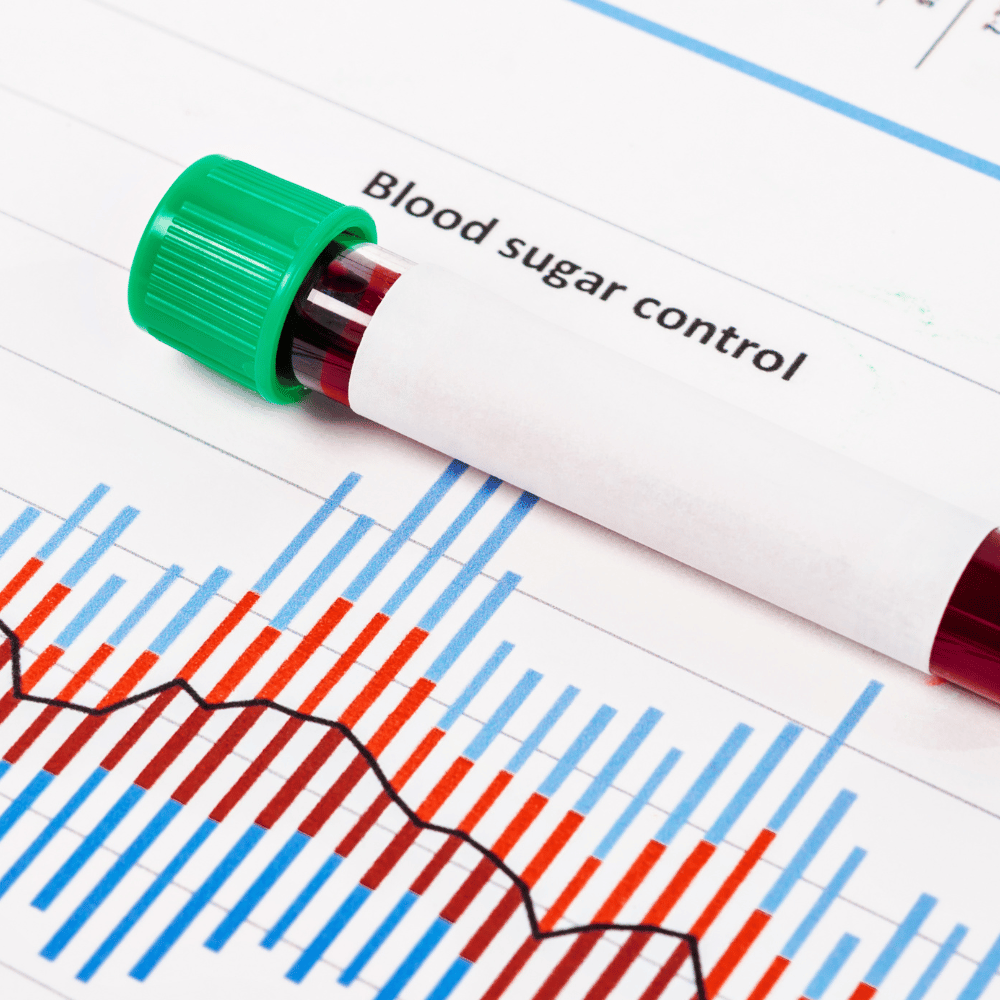
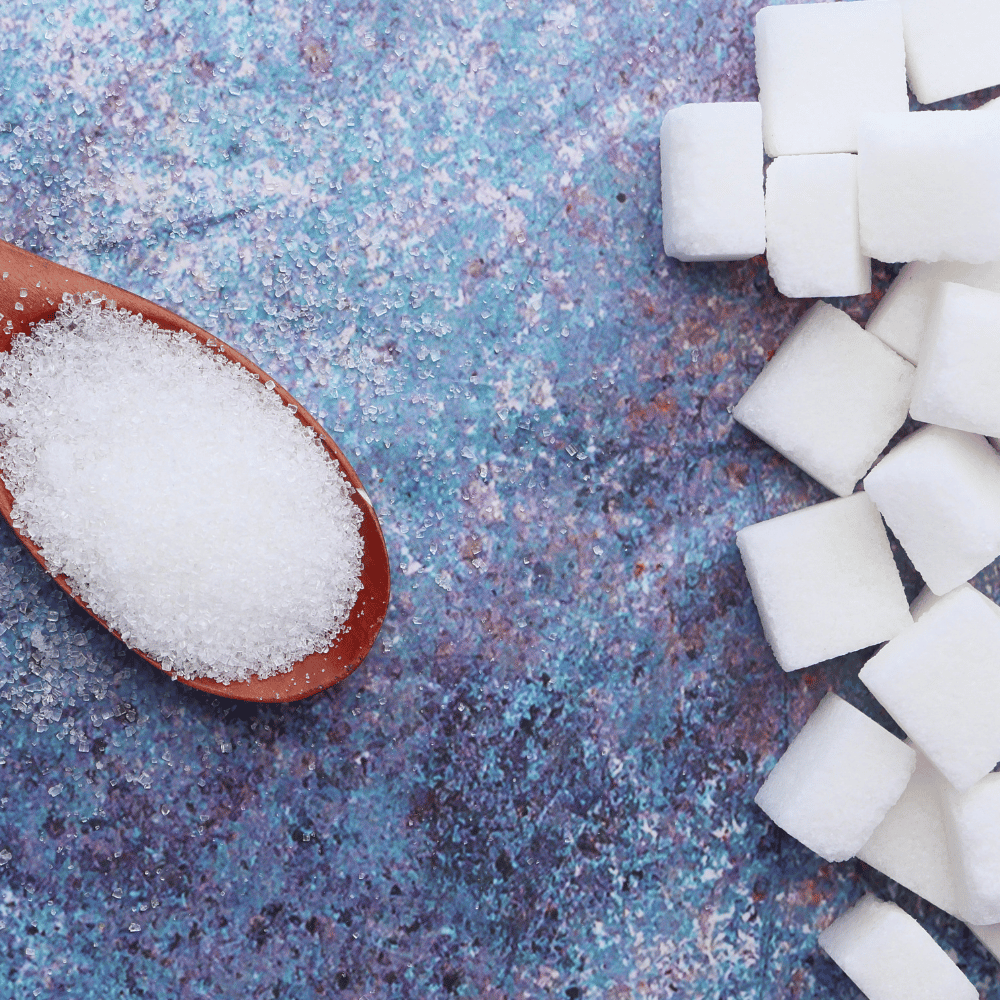
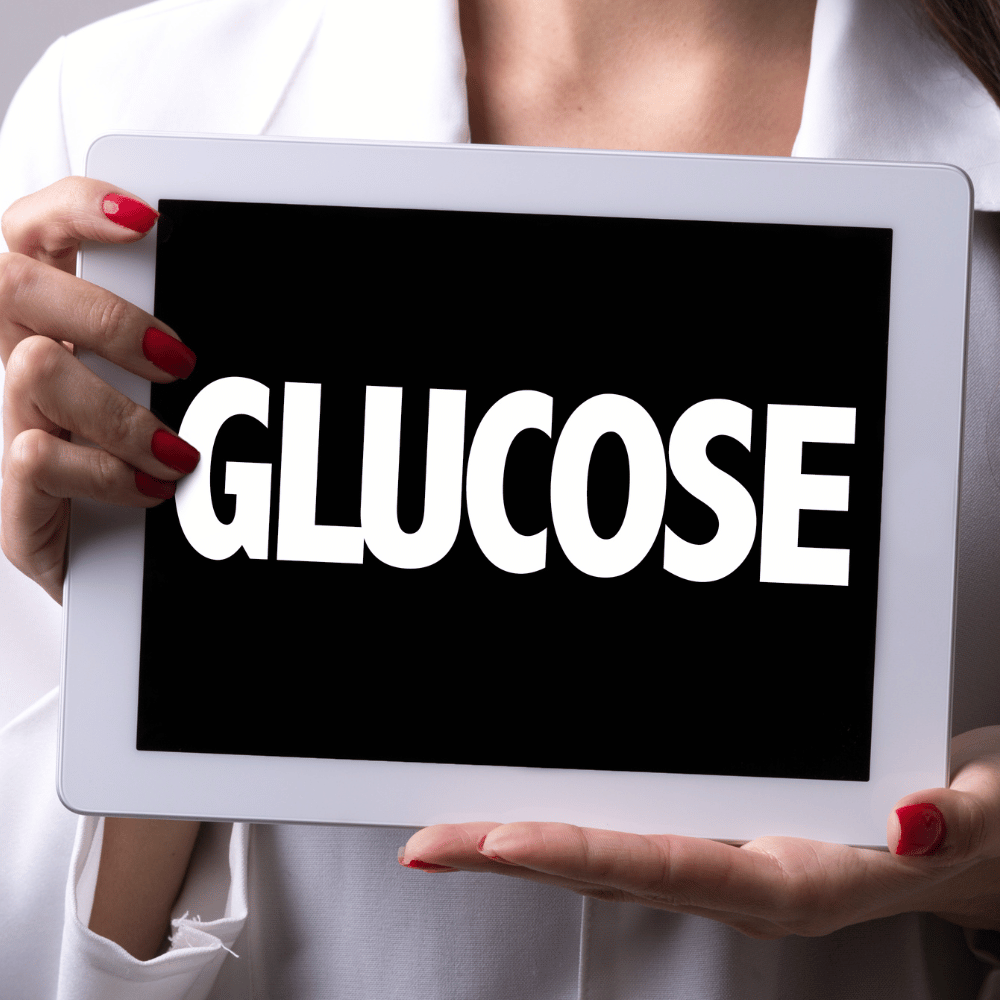
How do Sugar Cravings Work?
Sugar cravings are a very common problem. They can have several causes and factors, including emotions, blood sugar regulation, habits, food sensitivities, and more. To understand the mechanism of sugar cravings it is helpful to look at the biology behind it.
When we consume carbohydrates such as sweets or processed foods high in added sugars, this results in an increase in dopamine levels in our bodies which gives us a feeling of satisfaction. However, when those carbohydrates are quickly metabolized they can also lead to spikes and dips in our blood glucose levels that affect how we feel emotionally leading to increased cravings for sweet foods. On top of this, there can be psychological triggers that drive our habits such as comfort eating when stressed or rewarding ourselves with sugary treats after achieving something positive.
One way to reduce sugar cravings is by cutting out all added sugars from your diet including those found in beverages and packaged snacks like cookies or chips - focus on eating whole grains instead of refined white carbs like pasta and bread made with enriched white flour which cause large rises and falls in blood sugar rather than sustained energy release over time from complex carbs (brown rice/quinoa, etc). Additionally, consider reducing certain sugars naturally found in fruits such as fructose if your sweet tooth is being overly tempted each day!
Meanwhile, intermittent fasting has been shown to help decrease intense cravings for foods high in refined sugars by helping regulate metabolism better by allowing insulin sensitivity times between meals; this allows us space between meals where no food needs to be consumed so craving intensity decreases over time without needing anything else except water! Chewing gum while you're fasting also helps reduce feelings of hunger - try using low calorie products containing artificial sucralose or xylitol (sugar alcohols) once away from processed foods during meal times should you find yourself reaching out for them at certain points throughout the day.
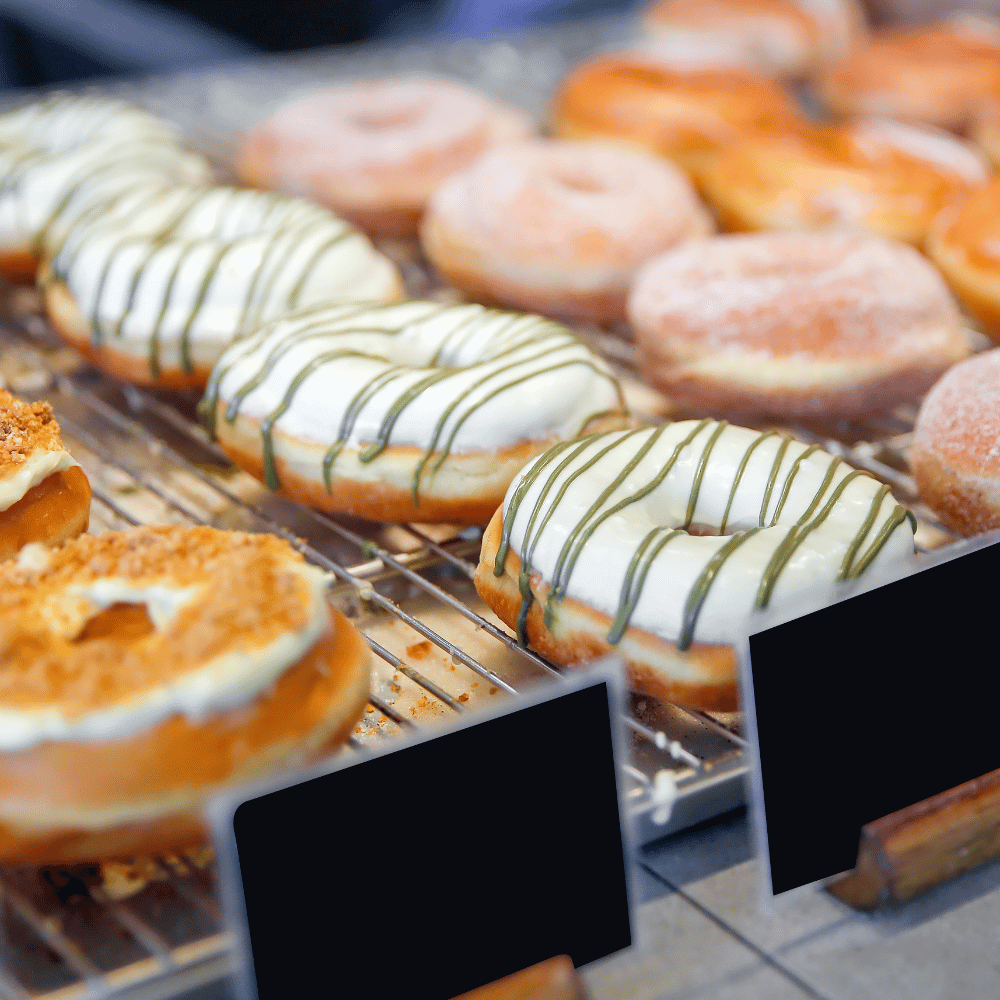
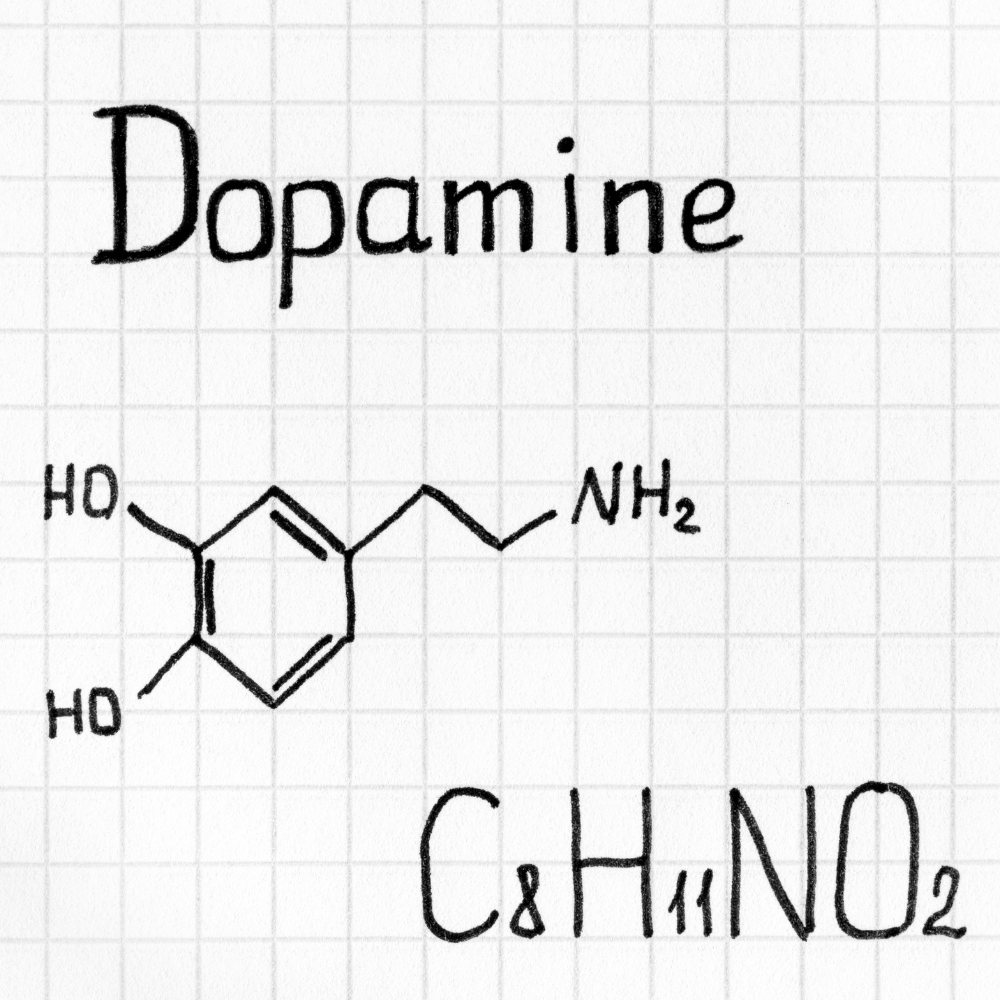

Drawbacks of Chewing Sugar Free Gum
That being said, there are still some potential drawbacks to chewing sugarless gum while fasting. For example, some individuals may experience cravings for sugary foods when they chew sugarless gum due to its sweet taste. Additionally, some people may experience digestive issues when consuming large amounts of artificial sweeteners like xylitol or sorbitol due to their effects on gut bacteria. Therefore it is important to be mindful if you decide to chew sugar-free gum during your fasts and limit your intake if possible.
Finally, it's important to note that all types of gum should be avoided if you are trying to practice strict intermittent fasting protocols such as dry fasting or water-only fasting. These types of fasts involve abstaining from all forms of food and drink including water and other beverages as well as solid foods like chewing gum or candy. Therefore it is best to avoid these types of foods completely while practicing these specific types of fasts.
Summary: Does Sugar Free Gum Break a Fast?
In conclusion, chewing (sugarless) gum does not break an intermittent fast since it does not contain any calories or raise blood sugar levels or insulin levels. However, it is important to be mindful that chewing sugar free gum may lead to cravings for sugary foods and digestive issues due to their effects on gut bacteria so try limiting your intake if possible while fasting intermittently. Additionally, all forms of food should be avoided while attempting more extreme forms of fasting such as dry fasting or water-only fasting so make sure you understand which type of fast you are doing before making any decisions about what type of food (or lack thereof) is appropriate for you during your fasts!
Related Pages:
- Picking The Best Coffee Creamer for Intermittent Fasting
- Choosing The Best Coffee Creamer For Weight Loss
- The Case for Healthy Coffee Creamer
- Does Oat Milk Break a Fast?
- Does Stevia Break a Fast?
- Does Coffee with Creamer Break a Fast?
- Can You Drink Coconut Water While Fasting?
- What's Difference between Dirty Fasting vs Clean Fasting?
- Does Coffee with Cream Break a Fast?
- Does Truvia Break a Fast?
- Does Collagen Break a Fast?
- Intermittent Fasting for Night Shift Workers: The Lowdown
- What is Intermittent Fasting 20:4?
- The Benefits of Carb Cycling and Intermittent Fasting

